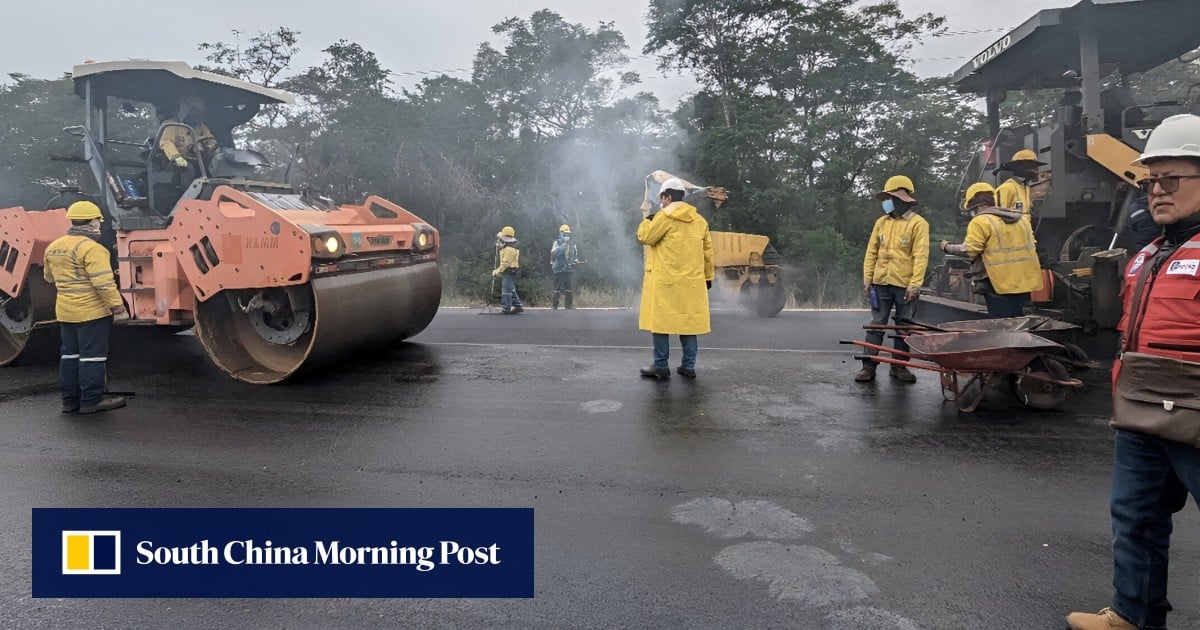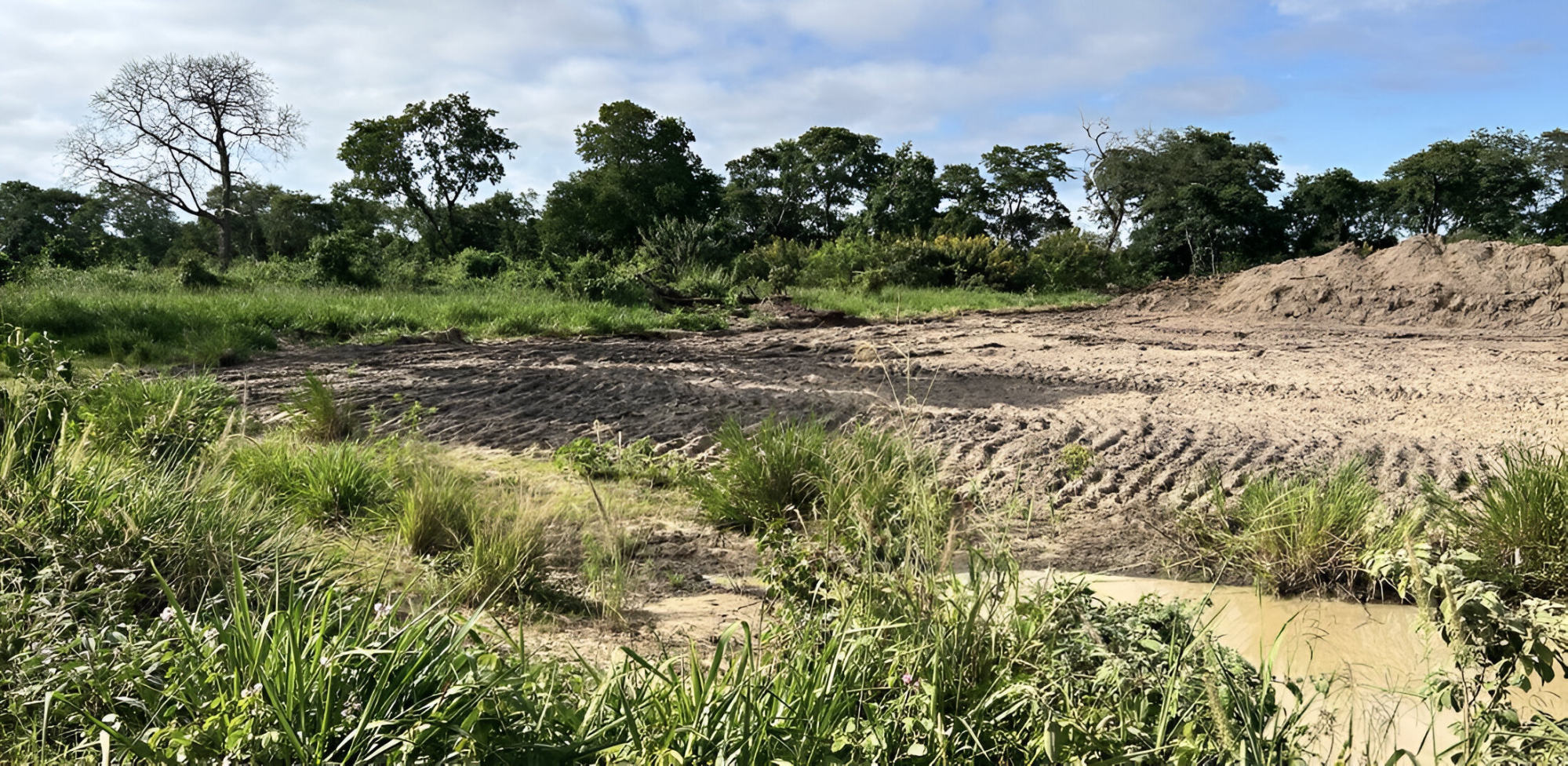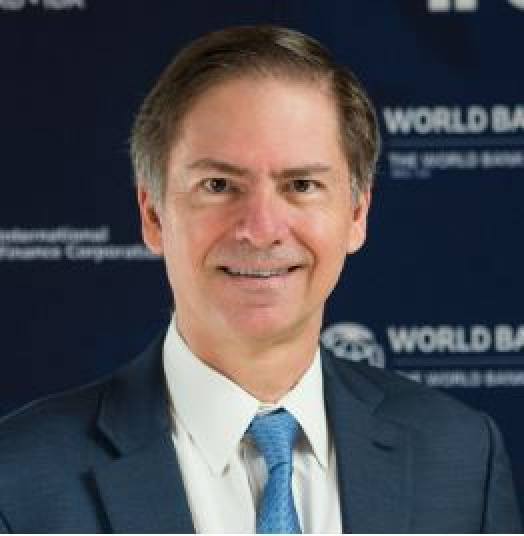Infra
World Bank finds Chinese firm committed violations in Bolivian highway project

CSCEC, part of the portfolio of Chinese state-owned enterprises operating worldwide, is active in more than 100 countries, primarily in motorway construction, port management, airport construction and operation and energy distribution.
A key player in Beijing’s Belt and Road Initiative, CSCEC, has signed contracts worth US$220 billion in just the past two years, according to the official BRI website.
CSCEC and the Bolivian road agency did not respond to requests for comment.
A World Bank spokesperson did not elaborate on what measures were taken regarding CSCEC, saying that “the borrower, in this case the government of Bolivia, is responsible for hiring contractors and must verify that they are not on the list of firms deemed ineligible as of the contract award date”.
The Bolivian government has received US$230 million in financing from the World Bank for the renovation and expansion of a highway linking the municipalities of San José de Chiquitos and San Ignacio de Velasco, a distance of roughly 200 kilometres (124 miles).
The project aimed to widen and pave the previously gravelled road to improve traffic along the road corridor and benefit around 125,000 residents along the route, 62 per cent of whom are indigenous.
Indigenous leaders said that residents attended short meetings arranged by the World Bank and had to sign attendance lists to prove that such consultations were held, even though they said their concerns were ignored.
CSCEC also faces accusations of manipulating locals into signing unfavourable land concession contracts to use their “borrow pits” – holes or excavations from which gravel, clay, soil or sand is extracted for a construction project.
In several documented cases, the payments offered for land use were below market value, with the indigenous communities unaware of the discrepancy.
All parties involved in the outsourced contracts had to sign confidentiality agreements prohibiting them from seeking external legal or financial advice. The documents, often written in Spanish and Chinese, were also barred from review by external translators and could only be litigated in Paris.
CSCEC “gained access to the land for temporary exploitation through contractual arrangements with the respective owners”, the document stated.
“These are therefore voluntary willing-buyer-willing-seller transactions where the seller has the possibility to reject the contract.”

Although the document did not mandate compensation for residents affected by alleged abusive contracting practices, it said the Bolivian government agreed to institute a protocol to ensure better-informed landowners.
This protocol would detail compensation offers, land recovery measures, and environmental and social impacts before contracts for borrow pit use are signed.
But Mario Paniagua, the indigenous peoples adviser at the La Paz-based NGO Fundación Tierra and one of the complaint’s initiators, disputed the report’s account.
“The contract did not specify the duration of work, the amount of material they intended to extract, or what the compensation would be in every case,” Paniagua said.
“The terms focused almost entirely on the obligations of these communities to the Chinese company, allowing it to continue its operations.”
Paniagua said that the locals did not have enough information to make an informed decision on whether to grant their land to CSCEC.
Locals also complained to investigators that CSCEC should have built affordable housing as compensation for using land affected by the project. The company did build housing, but Paniagua said, they were unfinished and disregarded the region’s climate characteristics.
Paniagua said that each family should have received a house based on the volume of assets lost, but that CSCEC “never detailed exactly what they were compensating for and made a point of not leaving any documentary evidence”, and that the structures were “practically uninhabitable”.
“These communities were totally deceived” by CSCEC, Paniagua said, adding that the company threatened those who spoke up with legal action.
The World Bank report implicated CSCEC in numerous other offences. Among these were the pollution of crucial water sources for nearby communities and non-compliance with labour laws, including delayed wages, unpaid health insurance and severance pay as well as the lack of adequate protective equipment for workers.
The investigation also found “no appropriate signage, pavements, sidewalks, and pedestrian crossings, even in front of schools”, which led to at least one fatal accident.
After the management action plan was approved on May 16, Carlos Felipe Jaramillo, the World Bank’s vice-president for Latin America and the Caribbean, said that the investigation had “pointed out implementation challenges from which we can learn and improve”.

Elana Berger, executive director of the Washington-based NGO Bank Information Centre, has followed Bolivia’s project for many years.
While acknowledging the investigation as a step forward, she said that providing solutions and financial compensation to victims of damage from World Bank-financed projects remains a “huge problem and a gap within the institution”.
Berger noted that violations similar to those in Bolivia were frequently found in projects with Chinese companies.
In most cases her team had worked on, she said, the answer to whether these companies adhered to the highest environmental protection standards was “almost universally no”.
Regarding the company’s involvement in the Bolivian project, the World Bank spokesperson said the company regained eligibility after sanctions expired.
Under the institution’s current system of penalties, the spokesperson added, “most debarments are now accompanied by release conditions, which typically include required enhancements to a debarred firm’s integrity compliance systems and controls”.
The World Bank has not commented on whether the Chinese company will be sanctioned again for the violations found in Bolivia.
As for the problems in the project, the World Bank’s board has ordered an action plan divided into stages, which should last until February 2025. The measures include a review of road safety standards, the mitigation of environmental damage and more training for ABC employees to meet World Bank quality standards.
The bank also called on the Bolivian government to demand a solution from CSCEC by October to “all pending grievances” regarding the safety of construction workers.


)






